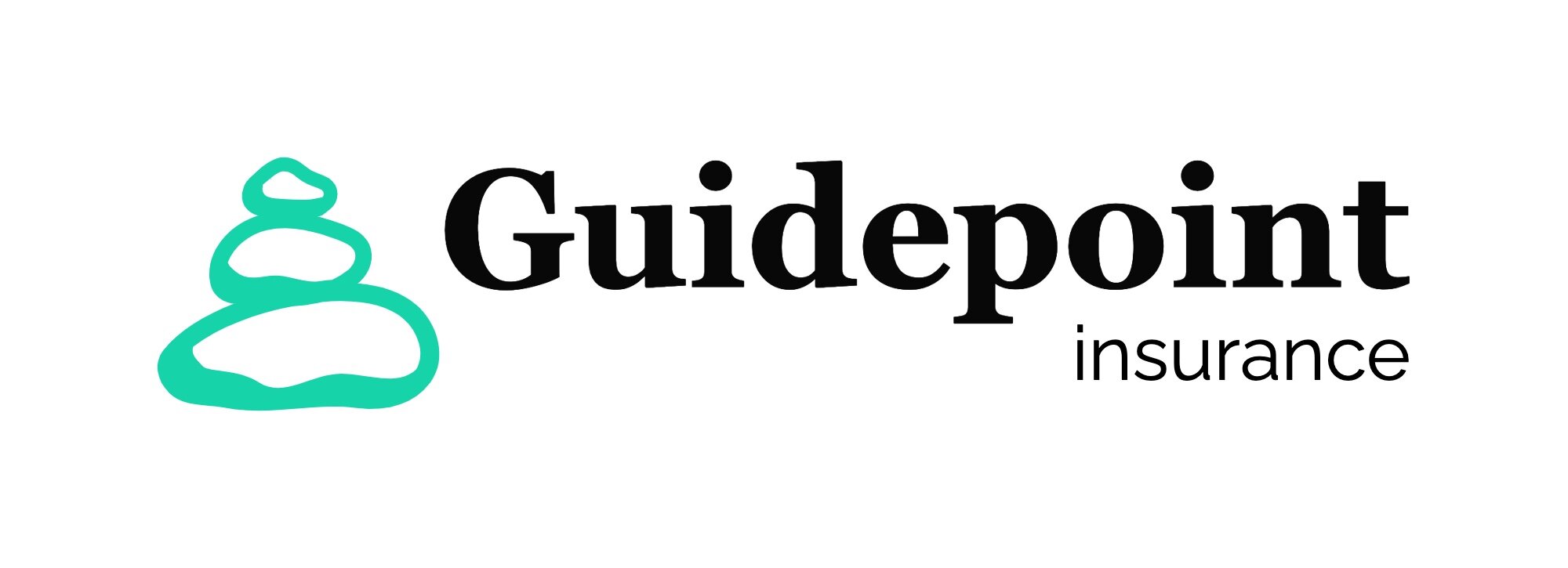Homeowners Insurance vs. Landlord Insurance
When it comes to insurance policies, it's important to understand that not all policies are created equal. This is especially true for homeowners insurance and landlord insurance policies. While these two types of insurance policies may seem similar, there are some key differences between them that are important to understand. In this blog post, we'll take a closer look at the difference between homeowners insurance and landlord insurance.
Homeowners Insurance
Homeowners insurance policies are designed to protect the owner-occupant of a property from financial loss due to damage or theft to the property or its contents. This type of insurance policy typically covers the cost of repairing or rebuilding the home, personal property inside the home, liability for accidents that occur on the property, and additional living expenses if the home is temporarily uninhabitable.
One of the key features of a homeowners insurance policy is that it provides coverage for the property owner's personal property, such as furniture, electronics, and other personal belongings. It also provides liability coverage in case someone is injured on the property, which can help protect the property owner from financial loss due to a lawsuit.
Landlord Insurance
On the other hand, landlord insurance policies are designed to protect property owners who rent out their property to tenants. This type of insurance policy typically covers the structure of the building, liability for accidents on the property, loss of rental income due to damage to the property, and damage caused by the tenants. Landlord insurance policies may also provide coverage for legal expenses associated with eviction proceedings or disputes with tenants.
One of the key features of landlord insurance is that it provides coverage for rental income lost due to damage to the property, such as a fire or other disaster that makes the property uninhabitable. This can be especially important for property owners who rely on rental income to pay their mortgage or other expenses.
Differences Between Homeowners Insurance and Landlord Insurance
While both homeowners insurance and landlord insurance policies provide protection for property owners, there are some key differences between the two. Here are a few of the most important differences to keep in mind:
Personal property coverage: Homeowners insurance policies typically provide coverage for personal property, while landlord insurance policies do not. This is because the personal property inside a rental property is the responsibility of the tenant, not the landlord.
Rental income coverage: Landlord insurance policies typically provide coverage for rental income lost due to damage to the property, while homeowners insurance policies do not.
Liability coverage: Both homeowners insurance and landlord insurance policies provide liability coverage, but the coverage limits may be different. Landlord insurance policies may have higher liability limits to account for the increased risk associated with renting out a property.
Cost: Landlord insurance policies may be more expensive than homeowners insurance policies due to the increased risks associated with renting out a property.
In conclusion, homeowners insurance and landlord insurance are two different types of insurance policies that provide protection for property owners in different ways. While both policies can be important for protecting your property and your financial well-being, it's important to understand the differences between them and choose the policy that best fits your needs. Our team at Guidepoint Insurance is ready to help you navigate the right coverage for your home or rental property. Give us a call today at 972-755-3969.
